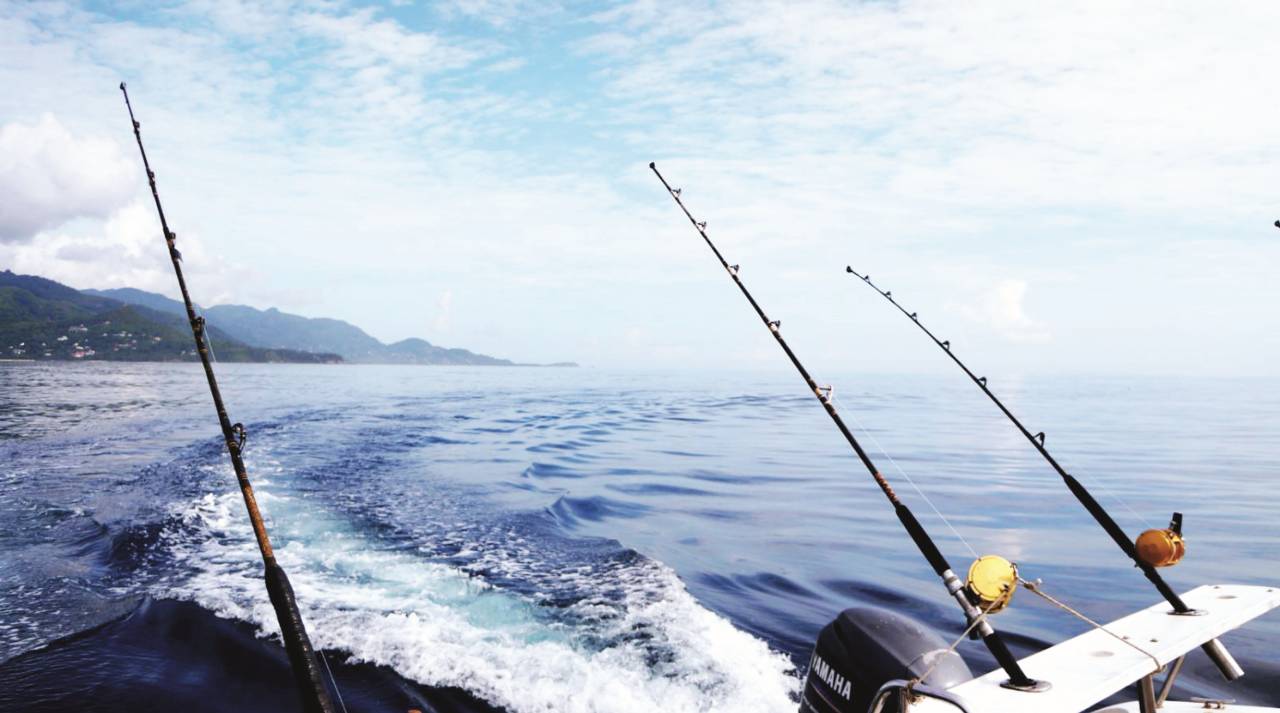
Choosing the right boat battery is crucial for a hassle-free boating experience and long-term cost savings. This guide helps you navigate through the options to find the top picks and highlights the key factors to consider. Our goal is to help you choose a battery that powers your boat efficiently, reliably, and cost-effectively. Ready to discover which battery best suits your needs? Let's dive in.
To power your boat, it's important to understand the various battery types available. You have starting batteries to power the engine, deep cycle batteries for sustained power needs, and dual-purpose batteries that do both. Each type serves a specific function, and knowing which one you need is key. Here's a closer look:
Imagine this: you're all set for a day on the water, but when you try to start the boat, it just sputters. That's when a starting battery comes into play. These batteries are designed for short bursts of high power to start the engine.
How can you tell if a starting battery is up to the task? This is where Marine Cranking Amps (MCA) come in. MCA measures the battery's ability to deliver power, especially in colder weather. The higher the MCA, the more reliable your engine starts will be, ensuring your boating trips go smoothly.
You're out on the water, fishing with your trolling motor running, the fishfinder scanning, and the stereo playing tunes. A standard starting battery won't be able to handle all that. That's where deep cycle batteries come in. Unlike starting batteries, which are designed for quick bursts of power, deep cycle batteries provide consistent power over extended periods. They're ideal for running your trolling motor, electronics, and accessories without interruption.
Whether you're fishing for a couple of hours or spending the whole day on the water, deep cycle batteries will keep everything running smoothly, allowing you to focus on enjoying your time.
The dual-purpose battery is the all-rounder of boat batteries. It's designed to handle both starting your boat's engine and powering your electronics, such as trolling motors, lights, and fishfinders.
While they do a decent job of both tasks, dual-purpose batteries don't quite match the performance of specialized starting or deep cycle batteries. If you're looking for optimal performance in either starting the engine or powering electronics, a specialized battery might be a better option. However, for boaters who need a versatile solution, dual-purpose batteries can be a great choice.
Now, let's explore the different types of battery technologies: Flooded Lead Acid, AGM (Absorbent Glass Mat), and Lithium (LiFeP04). Each offers its own strengths and limitations:
Flooded Lead-Acid batteries are the budget-friendly option, but there are trade-offs. They're inexpensive, easy to install, and simple to maintain, making them a common choice for many boaters. However, they typically last only 500 to 1,000 cycles, significantly fewer than lithium batteries, which can last up to 3,000 to 5,000 cycles.
To prolong the life of flooded lead-acid batteries, you're advised to use only a portion of their capacity (around 30% to 50%), which means you're not using their full potential. Charging these batteries can also be less efficient, as about 15% of the energy is lost towards the end of the charge cycle. While they're cheap upfront, the maintenance costs and short lifespan may add up over time.
AGM batteries offer better performance and durability compared to flooded lead-acid batteries, but they come at a higher price. They are sealed, maintenance-free, and less prone to damage from vibrations, making them more suitable for boating. AGM batteries are generally more reliable and last longer than flooded lead-acid batteries, but they're still not as long-lasting as lithium batteries.
One downside of AGM batteries is their vulnerability to overcharging and deep discharge, which can reduce their lifespan. Without a built-in battery management system (BMS), it's important to monitor the charge carefully.
Lithium Iron Phosphate (LiFePO4) batteries are the gold standard for marine power. They are lightweight, have fast recharge times, and deliver consistent power throughout their lifespan. Though they come with a higher initial cost, they provide significant long-term savings with an estimated lifespan of around 10 years (3,000 to 5,000 partial cycles).
Lithium batteries are 100% maintenance-free and have a longer lifespan than both flooded and AGM batteries. They're also eco-friendly, extremely safe, and perfect for boaters who need reliable, long-term power. While they cost more upfront, the reliability, durability, and low maintenance make them a smart investment for serious boaters.
Choosing a boat battery is about more than just picking the one with the highest voltage. You need to consider your boat's specific power requirements. For example, if you have additional systems like navigation tools, lighting, or a powerful trolling motor, you'll need a battery that can handle all those power demands.
One of the most important factors to consider is Marine Cranking Amps (MCA), which measures how much power a battery can deliver over time. You should also think about the weight of the battery and how easy it is to install. For smaller boats like kayaks, lighter batteries are better because heavy batteries can affect maneuverability.
With lithium batteries, you have more flexibility. They're lightweight, easy to install in various positions, and can be adjusted to fit your power needs, making them a versatile choice for many boaters.
Now that you understand the differences between starter, deep cycle, and dual-purpose batteries and the various technologies available, you're ready to choose the best battery for your boat.
Next:90pcs EVE 105Ah Lifepo4 Battery Were Shipped to France
Previous:LFP Battery vs. Ternary Lithium Battery: Which is Best for Your EV
Contact Person: Miss. Elsa Liu
| WhatsApp : | +8617763274209 |
|---|---|
| Skype : | +8617763274209 |
| WeChat : | 17763274209 |
| Email : | Elsa@lifepo4-battery.com |